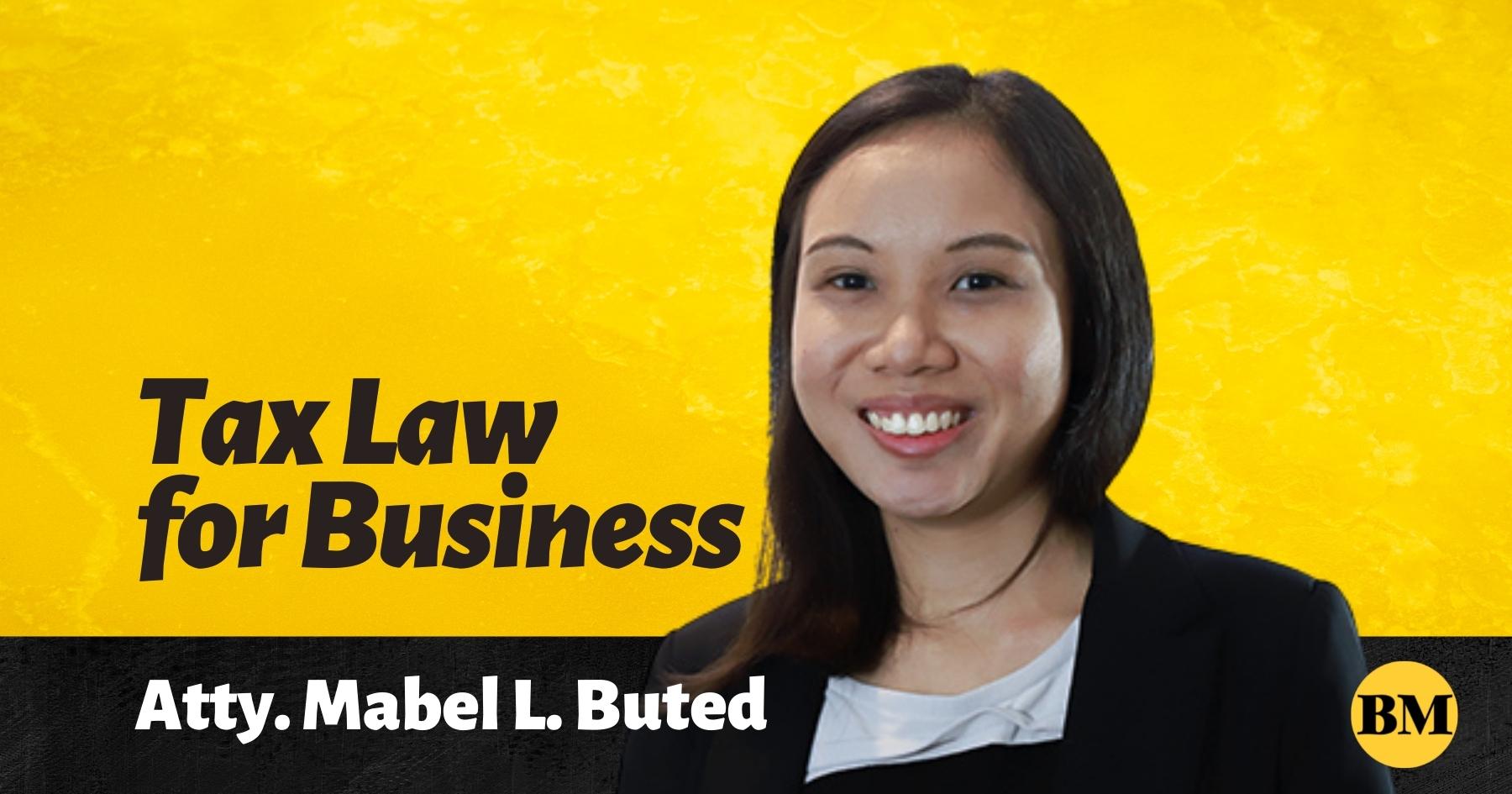The month of January is one of the busiest months, in so far as taxes are concerned. It is the month when businesses need to process and renew business permits with the local government units where they are doing business. Part of that is the payment of the local business taxes due for the year. This will allow them to continue operating within the jurisdiction of the LGU where permit is granted.
By this time, many businesses may have already secured their business permits for this year. But there are some persons/entities whose business permits are being held hostage because of pending assessments for alleged local business taxes due for previous years.
The question is—is the settlement of local business taxes allegedly due for the prior years a requisite for the issuance of business permit for the present year? Can an LGU withhold the issuance of business permit pending the resolution of assessments pertaining to previous years?
There are experiences in the past wherein the LGUs would refuse to issue business permits simply on the ground that the concerned taxpayers have alleged taxes due for previous years as a result of an investigation conducted by the LGU—even if the same is being contested by the taxpayer. In other words, the payment of an assessment is imposed as a requirement for the issuance of a business permit. And this happens even if the assessment is still being disputed in accordance with the required procedures for contesting local tax assessments.
This practice finds no support in our existing system. It has no basis in law. LGUs are allowed to conduct investigation for possible unpaid taxes for prior years. But when there is a deficiency tax assessment, the taxpayer is entitled to dispute the same, such as through the filing of a protest. Protest can be done without prior payment of the alleged tax due.
The law is clear that the assessment is not required to be paid first before the same may be protested. This rule is backed up by court pronouncements. Yet, certain LGUs still impose the “payment under protest” scheme. In fact, some local tax ordinances carry this requirement. And worse, this is invoked during the renewal of business permits—where permit is denied if assessment is not paid first.
Oftentimes, the affected taxpayer would reluctantly pay for fear of losing business simply because of the non-issuance of a permit.
If this happens, is there a remedy for the taxpayer, especially if he believes that the payment made is not legitimately due? Certainly! Payment made can be recovered by filing a claim for refund. Where payment is made on a protested or disputed assessment, the taxpayer may maintain an action in court and question the validity and correctness of the assessment, and at the same time, seek a refund of the taxes. The judicial claim for refund must be filed within 30 days from the denial of or inaction on the letter-protest or claim (GR 196681, June 27, 2018).
This is one remedy that is available when the taxpayers are compelled to pay—pay the tax and thereafter seek for a refund. The other recourse is still with the courts. The taxpayer can file an independent action with the court and request and compel the LGU concerned to issue a business permit. This is the remedy pursued by a taxpayer when a city treasurer refused to issue a business permit in its favor, after it was assessed with deficiency taxes covering the prior years (GR 244602, July 14, 2021). In this case, while the protest against the assessment was pending resolution by the LGU, the taxpayer questioned in court the legal basis of such assessment that has already been ruled and decided upon by the court in a previous case that has attained finality, which involved the same issues. At the same time, the said taxpayer sought a preliminary mandatory injunction for the city treasurer to issue a business permit. The taxpayer succeeded and the LGU was ordered to issue a temporary permit in favor of the taxpayer.
These are the legal actions available to taxpayers when their local business permits are unjustly and unreasonably withheld. The current law and the present rules accord protection for the taxpayers. But perhaps, the authorities should device a mechanism whereby these abuses are avoided and allow businesses to proceed without being subjected to fear and unwarranted costs.
The author is a junior partner of Du-Baladad and Associates Law Offices (BDB Law), a member-firm of WTS Global.
The article is for general information only and is not intended, nor should be construed as a substitute for tax, legal or financial advice on any specific matter. Applicability of this article to any actual or particular tax or legal issue should be supported therefore by a professional study or advice. If you have any comments or questions concerning the article, you may e-mail the author at mabel.buted@bdblaw.com.ph or call 8403-2001 local 160.





























